Raila Odinga Dies at Age 80 in India
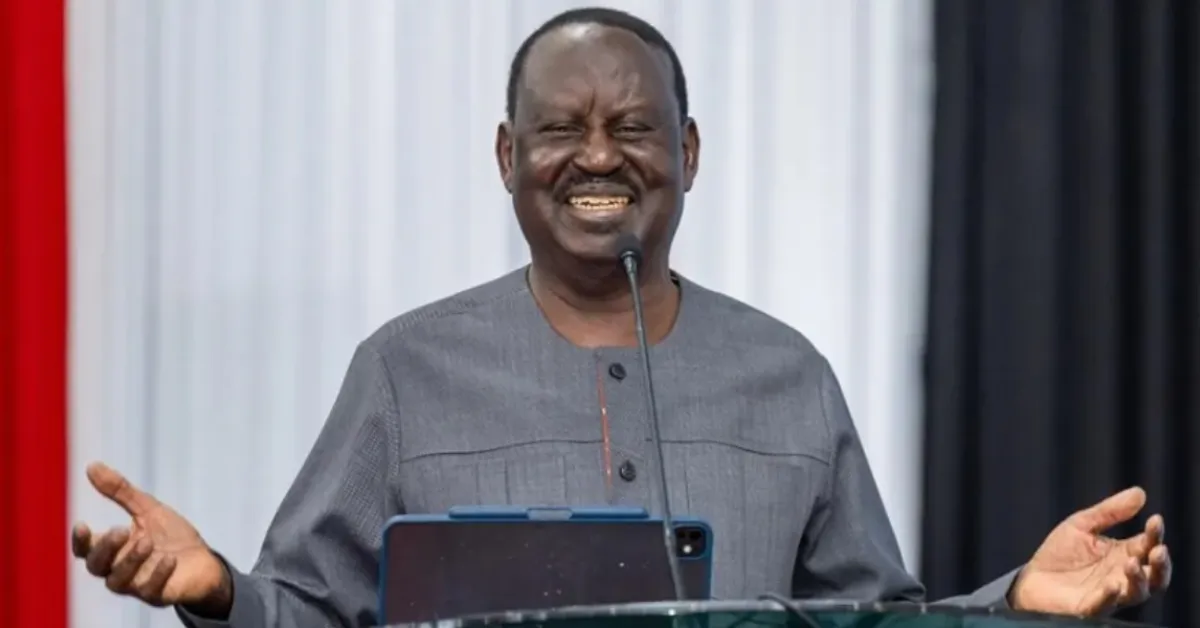
Kenyan opposition leader and former Prime Minister Raila Amolo Odinga has died in India at the age of 80.
His office confirmed that he passed away on Wednesday morning in Kochi, where he had been receiving medical treatment. According to reports from India, Mr Odinga collapsed during a morning walk and was taken to Devamatha Hospital in Koothattukulam, where he was pronounced dead shortly after arrival.
Local authorities said that the cause of death was cardiac arrest. President William Ruto and members of the Odinga family, led by Oburu Oginga, are expected to issue a formal statement later today.
A central figure in Kenya’s politics
Mr Odinga’s death marks the end of a major chapter in Kenya’s political history. For more than four decades, he was one of the country’s most influential leaders, contesting the presidency in 1997, 2007, 2013, 2017 and 2022. He served as Prime Minister between 2008 and 2013 in a coalition government formed after the post-election violence of 2007–08.
Born in 1945 in Maseno, Mr Odinga was the son of Jaramogi Oginga Odinga, Kenya’s first Vice-President. Over his career, he became both a prominent opposition figure and a key participant in shaping the country’s democratic and political landscape.
Medical treatment and final days abroad
Mr Odinga travelled to India on 3 October amid growing public concern over his health. His secretariat described the trip as routine and said he was not seriously unwell. His brother, Dr Oburu Oginga, later confirmed that he was receiving treatment and was “recuperating well.”
His wife, Ida Odinga, also downplayed speculation, saying he was on a “sabbatical.”
His absence from recent party rallies and national political events had drawn increasing public attention. He had maintained a visible presence in national politics throughout his life, making his withdrawal from public engagements particularly notable.
Alliances, rivalries and a lasting influence
Mr Odinga’s career reflected Kenya’s political shifts since the 1990s. After his first presidential bid in 1997, he became a central figure in the 2002 election that ended KANU’s rule. Initially aligned with President Daniel Arap Moi’s party, he broke ranks after Moi endorsed Uhuru Kenyatta as his successor. His defection helped form the National Rainbow Coalition (NARC), which brought Mwai Kibaki to power.
Although celebrated for his role in that victory, his relationship with President Kibaki later deteriorated, culminating in the disputed 2007 election. The violence that followed left more than 1,000 people dead. A power-sharing agreement eventually saw Mr Odinga become Prime Minister. He went on to challenge Uhuru Kenyatta in 2013 and William Ruto in 2022, both times losing narrowly.
Though he never became president, Mr Odinga had a decisive impact on Kenya’s political system through his calls for constitutional reform, devolution and electoral transparency.
A national figure with a complex legacy
Mr Odinga underwent brain surgery in 2010 and frequently travelled abroad for medical reviews in subsequent years. His decision to seek treatment in India followed that pattern, though his death came as a shock to many.
He inspired strong loyalty among his supporters, who saw him as a champion of democratic reforms. His political career also attracted strong opposition, reflecting the divisions and intensity of Kenya’s political landscape over the past four decades.
Tributes and national mourning
Leaders across the political spectrum are paying tribute to Mr Odinga. President Ruto is expected to lead national mourning, and international statements are anticipated in recognition of his regional influence.
His death leaves a significant gap in the leadership of the Orange Democratic Movement (ODM), the party he founded and led for nearly 20 years. Arrangements for his repatriation and a state funeral are expected to be announced in the coming days. Mr Odinga is survived by his wife, Ida, and their children.

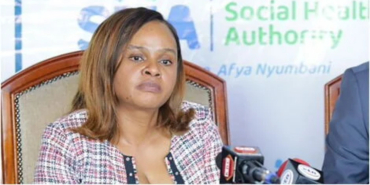
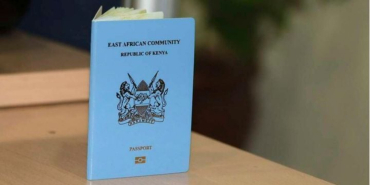
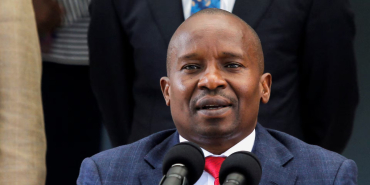
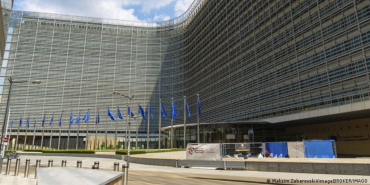
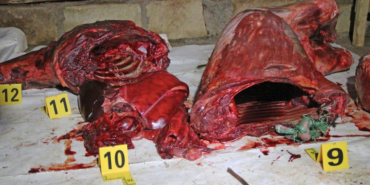
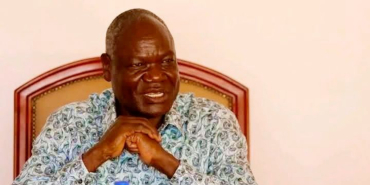
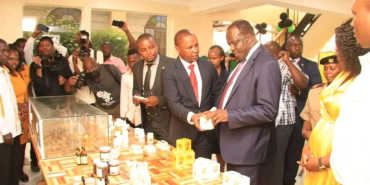
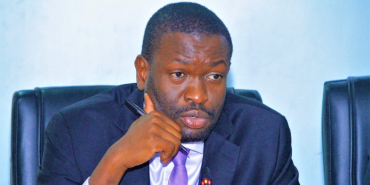
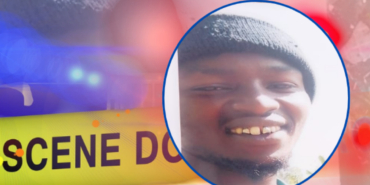


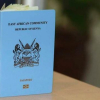
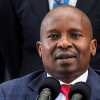
Comments
My man,my guy all along.My…
Permalink
My man,my guy all along.My political hero.RIP Tinga Tinga.
Add new comment